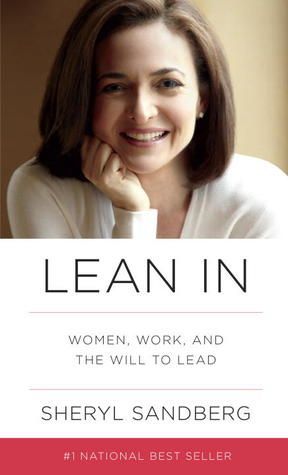
Reviews
Julie Twist@julietwist
Pratik M@pcmhatre
Matthew Royal@masyukun
Cindy Lieberman@chicindy
Nadine @intlnadine
Melody Izard@mizard
Johanna Kenrick@jmkenrick
Vera Sokolyanskaya@veras
Maria@mersibaq
Maggie Delano@maggiedelano
Omar@omareduardo
Magdalene Lim@magdalene
Kingston Breton@kingstonmceline
Jeni Enjaian@jenienjaian
Zoe Smolen@booksatlunch
Zoe Smolen@booksatlunch
Anna Pinto@ladyars
Lena Köninger@larouge
Erika Larson@erika_lars
جيهانار ✨🪄🌻@jihaniar
Linus Stieldorf@lks
Kaeli Justus@kaeli
Jessica Sacher@jessbio
ayushi singh@ayushisingh